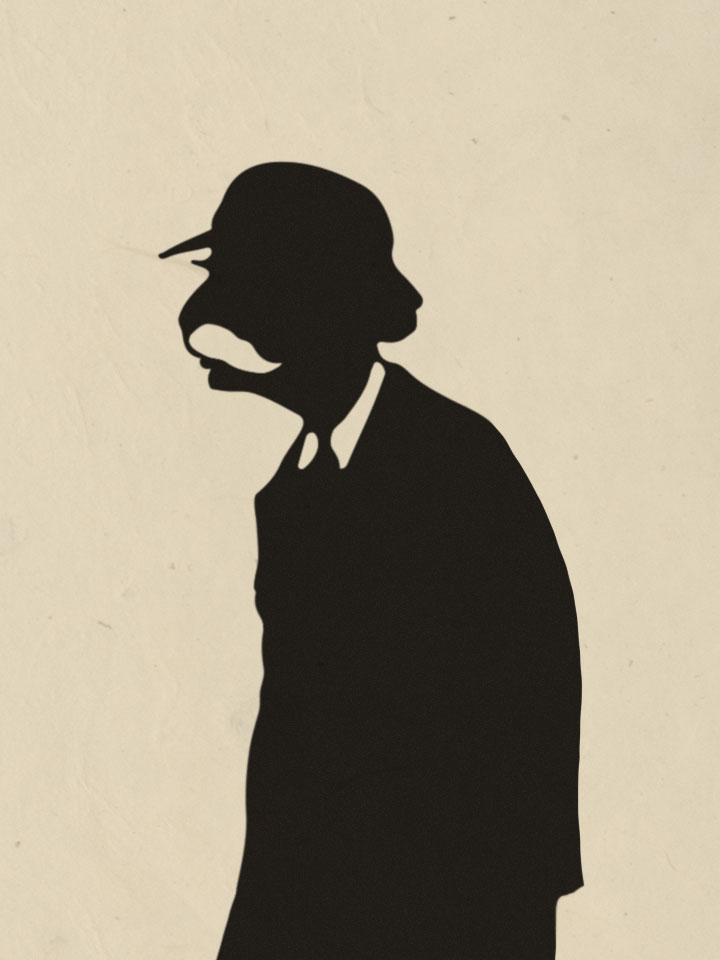Imru’ al-Qais
Birth Name: Junduh bin Hujr al-Kindi
Nickname: The Lost King
Born: 501 in Al-Qassim Region, Saudi Arabia
Died: 544 in Ankara, Turkey
Time Period: Medieval
Expertise: Poet
Known For: qifā nabki (Let us Stop and Weep)

Quotes
Interesting quotes by Imru’ al-Qais
“The follies of men cease with youth, but my heart does not cease to love you.”
“And their skulls lie spattered with blood Pecked over by birds Who tear out first the eyebrows, then the eyes.”
ADVERTISEMENT
Bio
A brief biography of Imru’ al-Qais
Imru’ al-Qais Junduh bin Hujr al-Kindi was born in 501 AD in the Al-Qassim region of Arabia. He was a pre-Islamic Arabic poet and one of the last Kindite kings. He is the author of qifā nabki (Let us Stop and Weep), which is one of the seven Mu’allaqat hanging poems in Mecca.
Historians have no agreement as to Imru’s birth, which is estimated to be between 501-526 AD, and most of his life and lineage is a result of piecing together information from later biographies and using clues contained in his poetry. It is claimed he is the youngest son of Hujr, king of the Asad and Ghutfan tribes. He started writing poetry when he was a young boy, which his father looked down upon as an activity unworthy of the son of a king. As he aged, he also indulged in excessive drinking parties and had a general lack of responsibility, and when trusted with maintaining his family’s heard of camel, it ended in disaster. One account claims his father disowned him for courting his cousin and engaging in a secret relationship with her, causing a scandal. However, others say that Imru’ al-Qais exposed some of his fathers own debauchery in his poems and that resulted in their falling out. Most agree that his father disagreed with his behavior and banished him, which led to al-Qais living nomadically—traveling between oases, reciting poetry and enjoying the performances of singing girls.
After his father was killed, Imru’ al-Qais wanted revenge, and waged war against the tribe of Asad with the assistance the Bakr and Taghlib tribes—which fought alongside him until they decided he had killed enough to exact a proper revenge. After this, Imru’ traveled the Arabian peninsula and the Levant trying to gain support to replace his father as the new king, and to take refuge from his enemies. He fell ill near the city of Ankara where he eventually died circa 561 to 565 AD. Legend has it that Emperor Justinian sent him a poison jacket which killed him, but modern day scholars believe he died from a skin disease.
Imru’ al-Qais remains one of the best known pre-Islamic Arabic poets. He has been a source of inspiration to Arabs down into modern times. His hanging poem, qifā nabki, remains one of the most cited in Arabic literature.
ADVERTISEMENT
Works by Imru’ al-Qais

Download free Imru’ al-Qais books. Listen to Imru’ al-Qais audiobooks.

ADVERTISEMENT
External Links for Imru’ al-Qais
Imru’ al-Qais on Wikipedia
https://en.wikipedia.org/wiki/Imru%27_al-QaisImru’ al-Qais on Wikisource
https://en.wikisource.org/wiki/Author:Imru%27_al-QaisADVERTISEMENT
Other Authors

See other authors of the Medieval period

